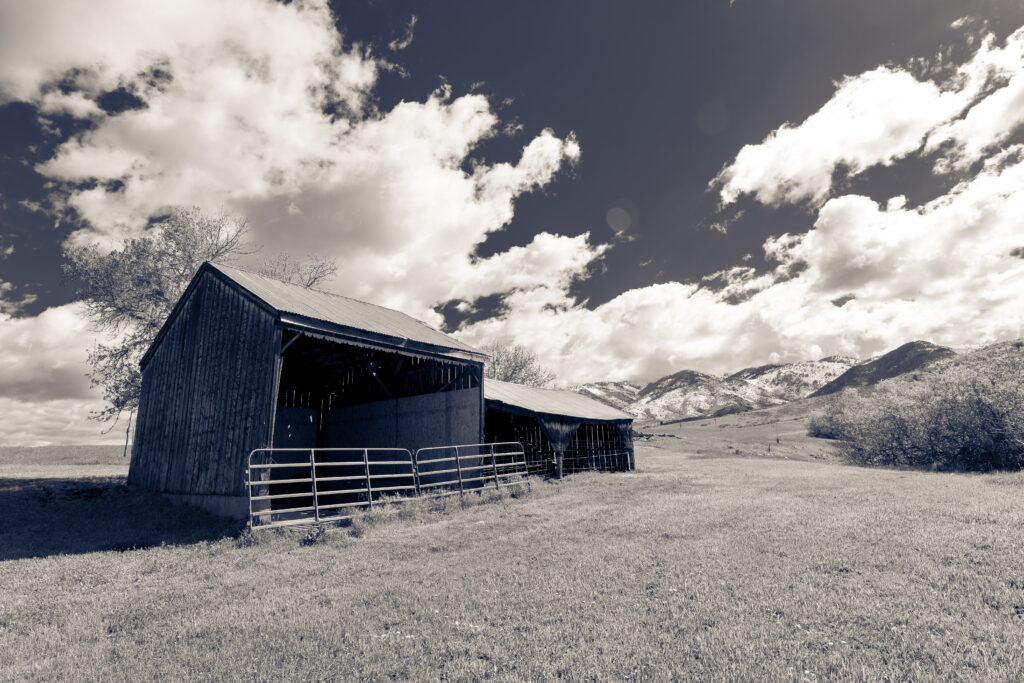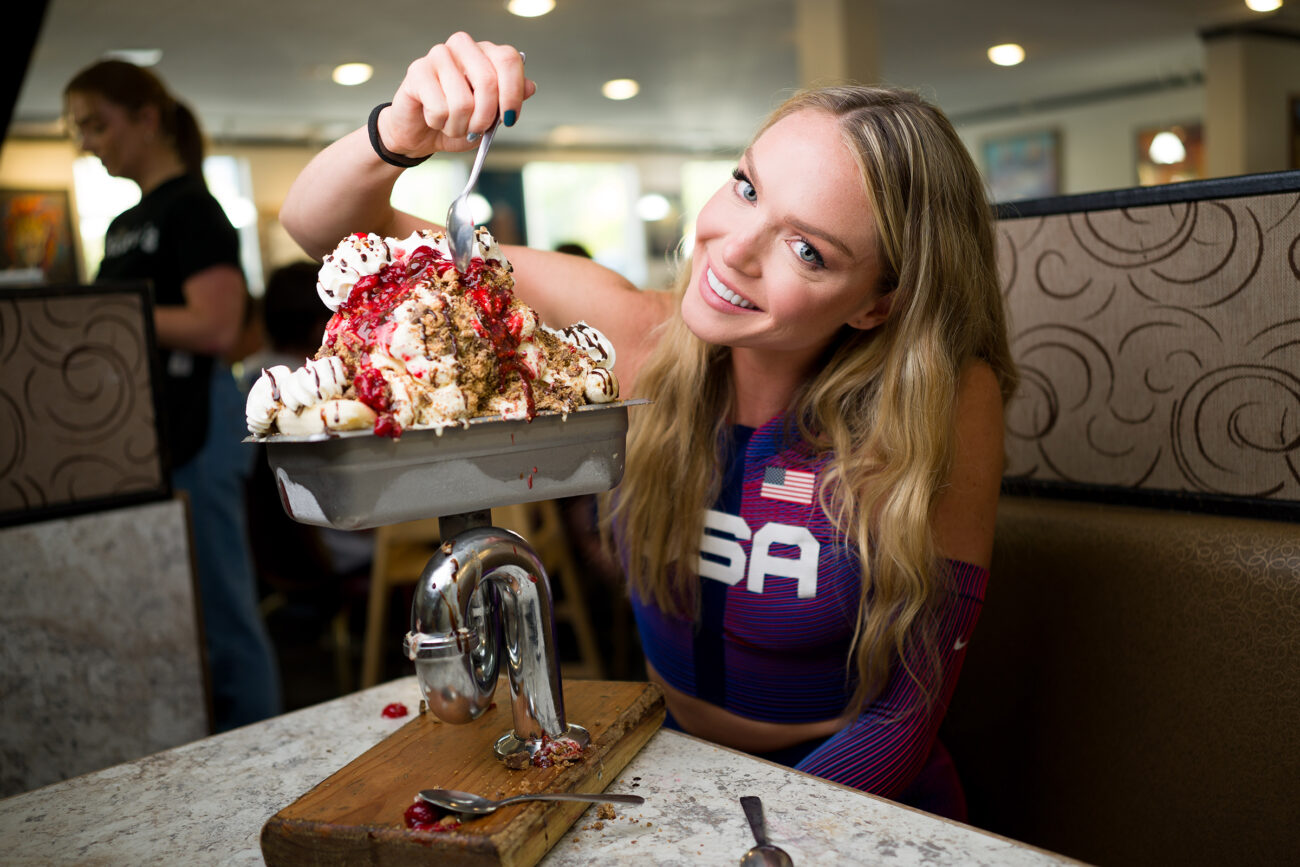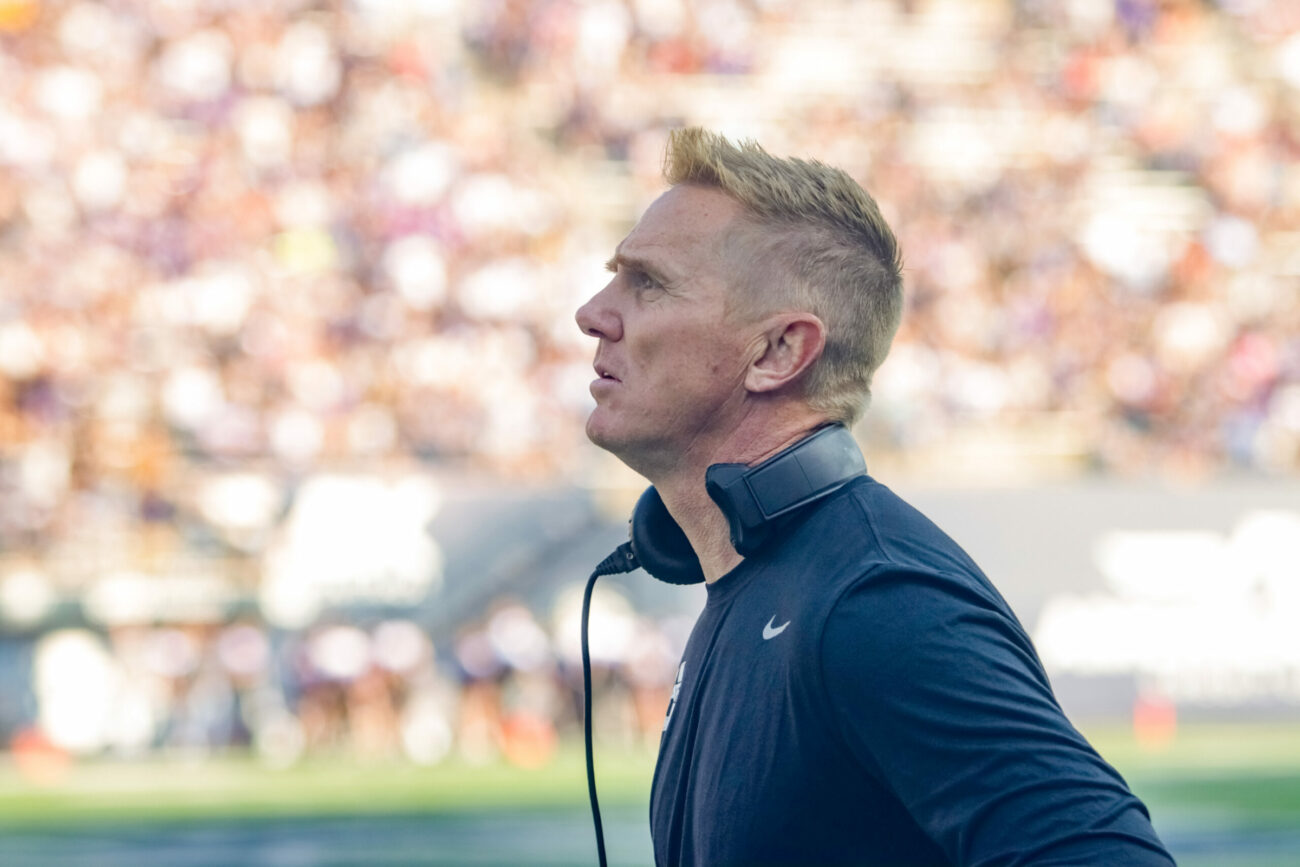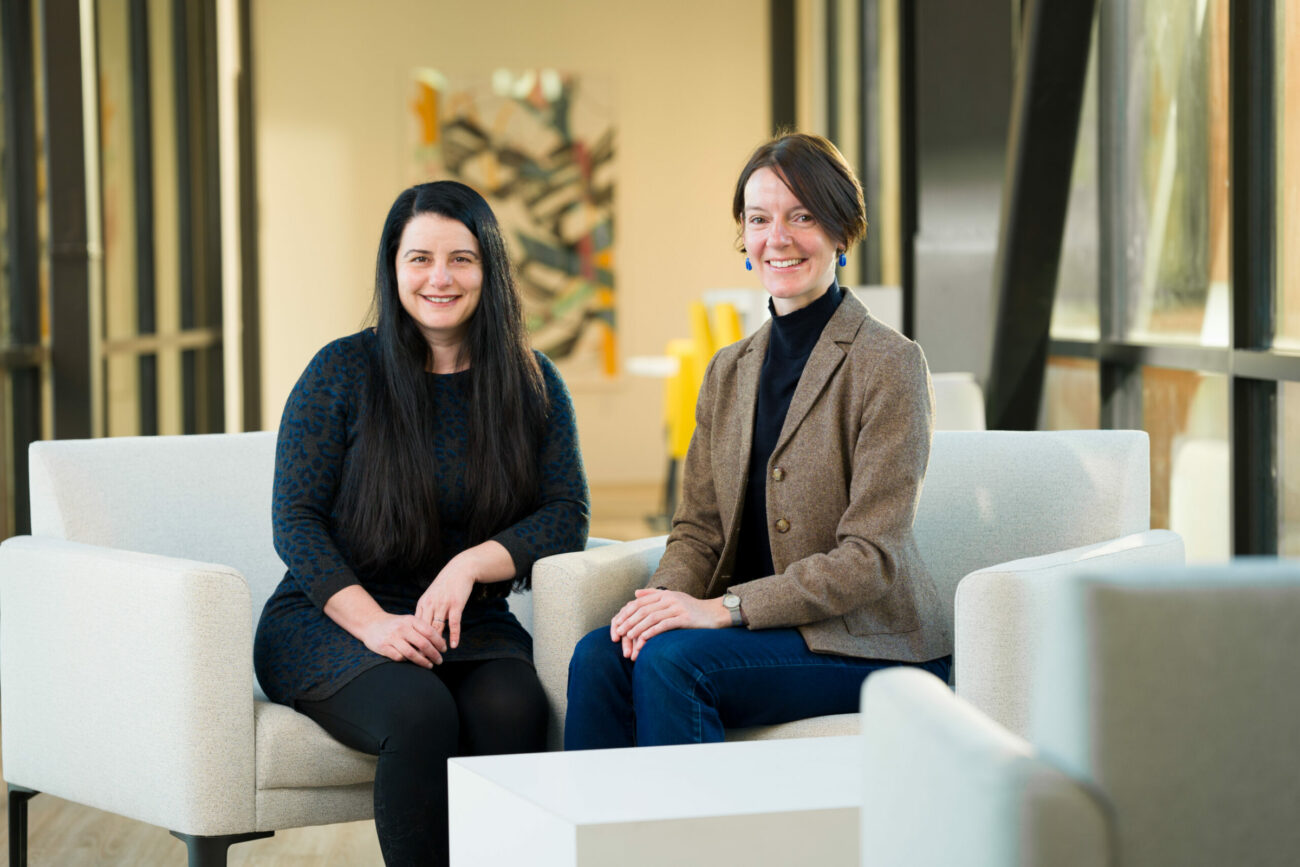HOPE AND HEALING: Mental Health Support for Agricultural Communities
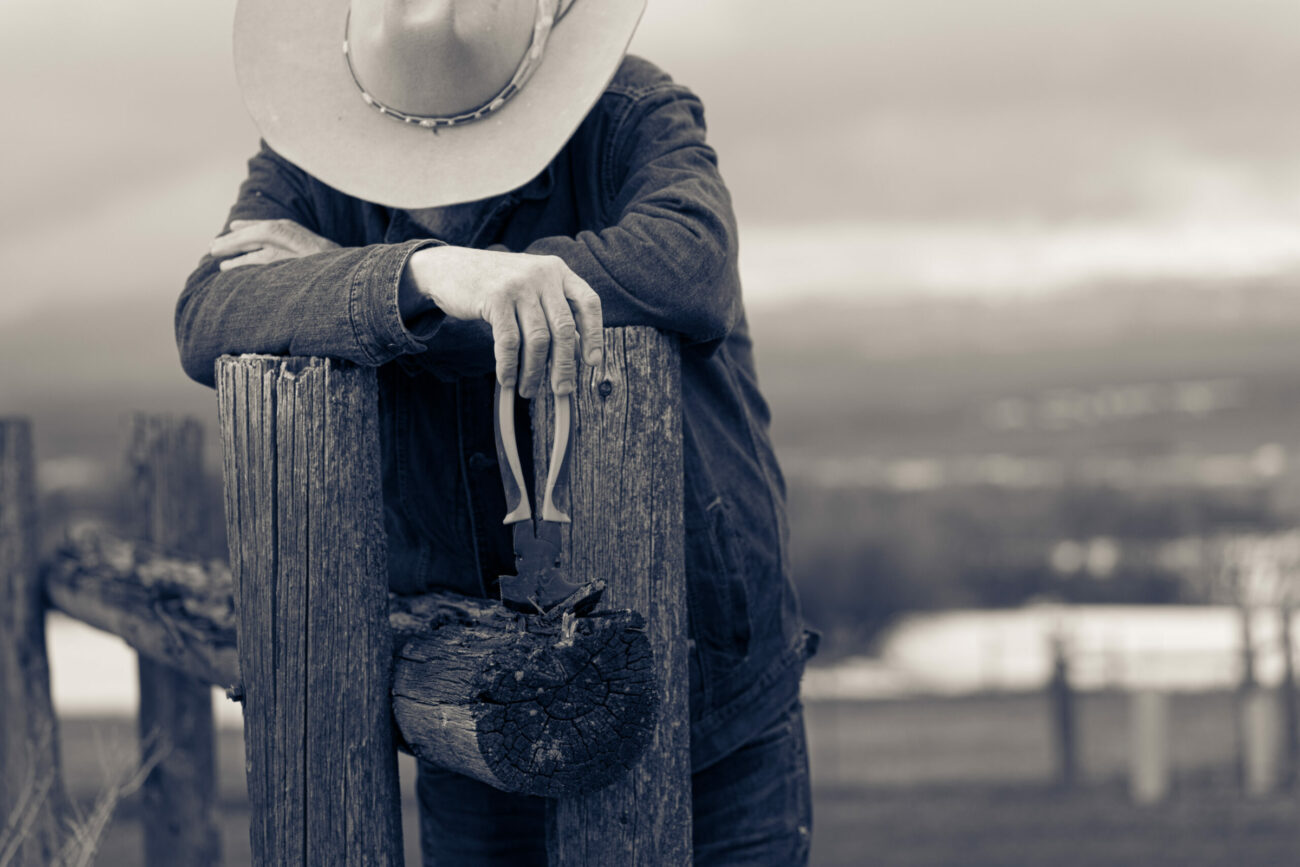
Julene Reese ‘85
Utah’s farmers, producers, and agricultural workers grapple with challenges often beyond their control — unpredictable weather, financial strains due to fluctuating commodity prices, labor shortages, relationship complexities, and the delicate balance between work and family life, which are often intertwined. Compounding these difficulties is a general reluctance to talk about mental health challenges, further jeopardizing their overall well-being.
Statistics from the National Rural Health Association show that agricultural workers are at a higher risk for mental health stressors, causing a suicide rate 3.5 times higher than the general population.
Josh Dallin, a Utah State University Extension associate professor and rancher himself, says USU Extension is acutely aware of the challenges faced by those in the agricultural community.
In 2020, the Agricultural Wellness Program (AgWellness) was established to provide education, support, and mental health resources for farmers, ranchers, and their families.
In partnership with the Utah Department of Agriculture and Food, AgWellness offers the Mental Health Assistance program, which connects farmers who need mental health support to local therapists. The program provides up to $2,000 per person through a voucher system to cover behavioral health care appointments and services (outpatient, virtual, or hospital) for Utah farmers and their immediate family members. They can receive help for anxiety, depression, attention deficit disorder, bipolar disorder, grief, insomnia, mood swings, panic attacks, post-traumatic stress disorder, relationship challenges, stress, substance use disorders, and many other conditions.
Dallin says in 2023, the vouchers helped around 250 individuals statewide, covered over 1,600 therapy appointments, and paid approximately $263,000 in behavioral health expenses. The funding supported things such as admission to behavioral health centers, family therapy and counseling for farm succession planning, substance use disorder recovery, weekly therapy visits for anxiety and depression, and post-traumatic stress disorder treatment from farm-related work injuries.
“The biggest takeaway here is that those who have sought help have seen a big difference in their lives,” Dallin says. “Our office is getting 10–20 calls a week about the vouchers, and we are optimistic that we will be able to find the funding to continue helping those in need. In the meantime, the Extension AgWellness website includes information on other helpful programs we have available, including a podcast and two online courses.”
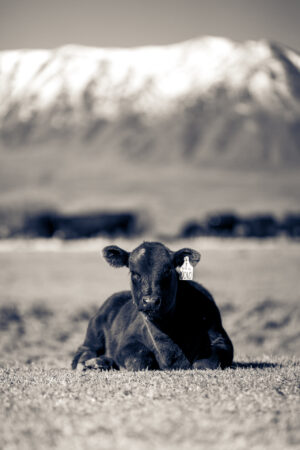
AgWellness team members have been astounded by the response from those in the agricultural community who need help. The program became so popular that, as of December 2023, federal grant money for the mental health care vouchers unfortunately ran out. Dallin says the program is seeking other funding sources, including state funding, private donations, and additional grant options.
Sadie Wilde, USU Extension assistant professor and a member of the AgWellness team, often fields calls for the program. She says it has been incredible but also heartbreaking to hear the stories of those who finally mustered the courage to reach out.
“I think everyone on our team has shed tears over the touching stories and thank you letters from individuals and families we have had the privilege of supporting this year,” she says. “We have also had some close-call situations, including someone who had a suicide plan for the very evening they called in. We know this program has saved lives this year, and I am so grateful to be part of such a meaningful effort.”
As part of their education, AgWellness team members participated in a mental health first aid training course that provided suicide prevention education.
When Dallin participated, he felt like the information was helpful, and he hoped it would be useful to those in attendance. But in the back of his mind, he didn’t think he would personally ever use it. He felt like things were going well in his life and in the lives of those close to him. But two weeks later, everything changed.
“I was visiting my parents, and my little brother, who is very successful and has a lot of great things going for him, sat across the room from me,” Dallin recalls. “To my shock, he told me he had contemplated suicide and didn’t want to live anymore. I had absolutely no idea. It turns out he had been suffering for years, and he knew something was wrong, but he didn’t want to admit it.
“Little did I know that all the things I learned from that training were going to come into play, and they were coming quickly. Questions I needed to ask him, how I should respond — they were readily available to me because of that training. This started a movement for me personally, just because it hit so close to home. I thought, ‘If my brother is one of those people I had no idea about, then how many other people’s brothers and sisters and moms and dads are also struggling?’”
Dallin says they learned his brother had a traumatic brain injury earlier in his life, and something physical was causing his issues. He finally got the proper treatment and is doing well. In fact, he became an ambassador, trying to help break the stigma and encouraging people to reach out for help if they feel something is wrong.
“If you had a tractor run over your foot and break it, you’d definitely go to the doctor,” Dallin says. “You’d wear a boot, you’d wear a cast, you’d do whatever you had to, to fix it. But for whatever reason, a lot of people don’t think the same way when it comes to their mental health. They feel ashamed or embarrassed and don’t consider getting help for these issues as they would for physical health issues. But we have to realize that the more we talk about it, the more normal it will become to seek help. Our AgWellness program has multiple resources to help encourage people to open up and share.”
The AgWellness Podcast explores mental health in farming and ranching communities. Podcast moderators Dallin and Jacob Hadfield, also a USU Extension assistant professor, share stories about the impact of mental health challenges and provide information about where to obtain resources. The AgWellness podcast website includes 13 episodes.
In addition, there are two free online courses.Through self-guided learning modules, the AgWellness Course helps participants learn skills to manage stress and improve well-being. The Mental Health Awareness and Advocacy for Ag Course helps participants identify mental health concerns, locate community resources, develop skills to identify someone experiencing a mental health challenge and refer that person to the appropriate resources. Dallin and Hadfield have also taught “The Biggest Asset is YOU,” a class they’ve delivered 20 times to groups around the state.
“We are excited to be part of this program and see the positive changes it can make for those in agriculture who need mental health assistance,” Hadfield says. “Though many in the ag community perceive it as a weakness to admit they are struggling, it is just the opposite. Having the ability to admit we need help is truly a strength.”
For further information about the program and resources, visit the Extension AgWellness website. In addition, those wishing to donate to the program can visit the USU giving website.
